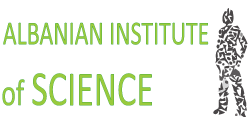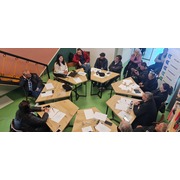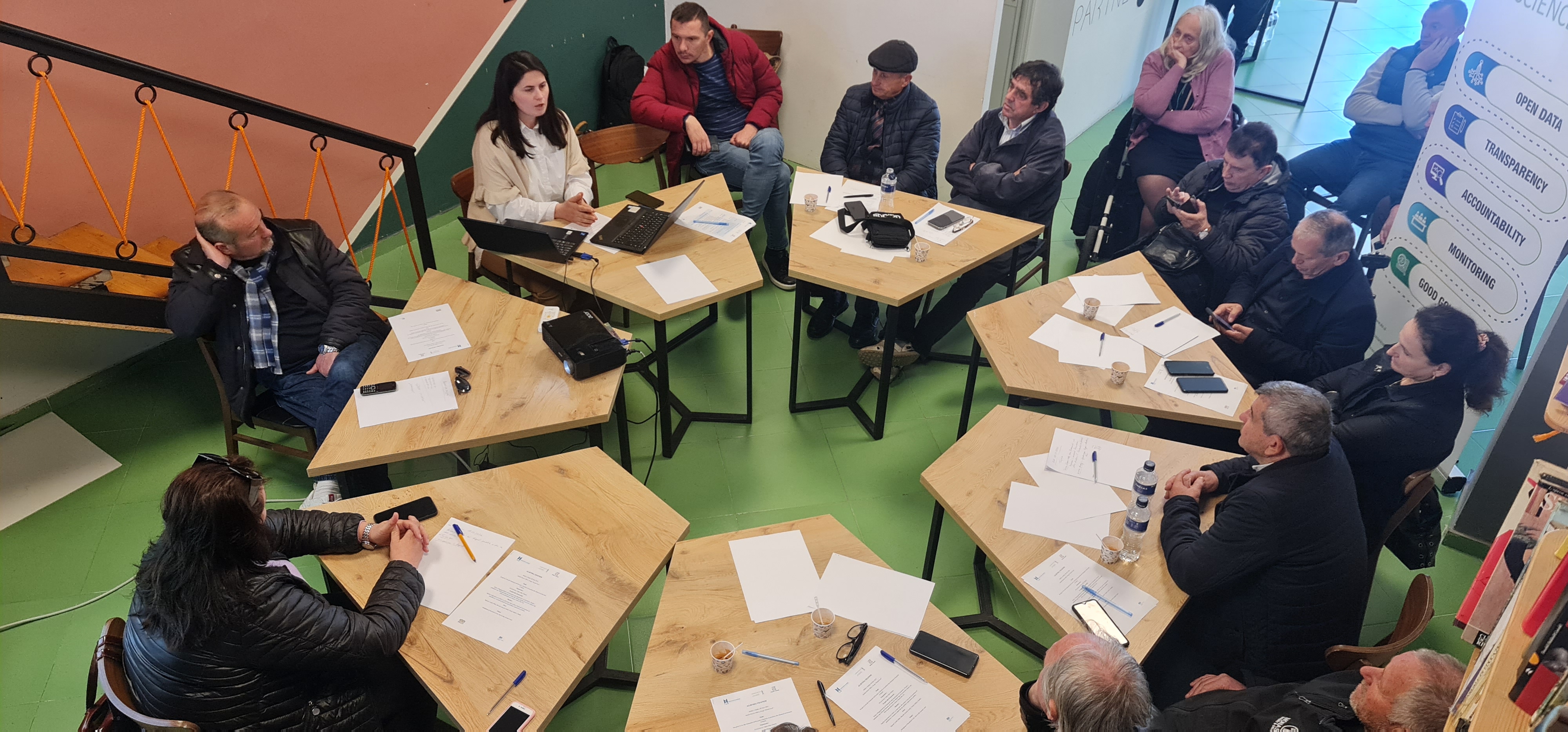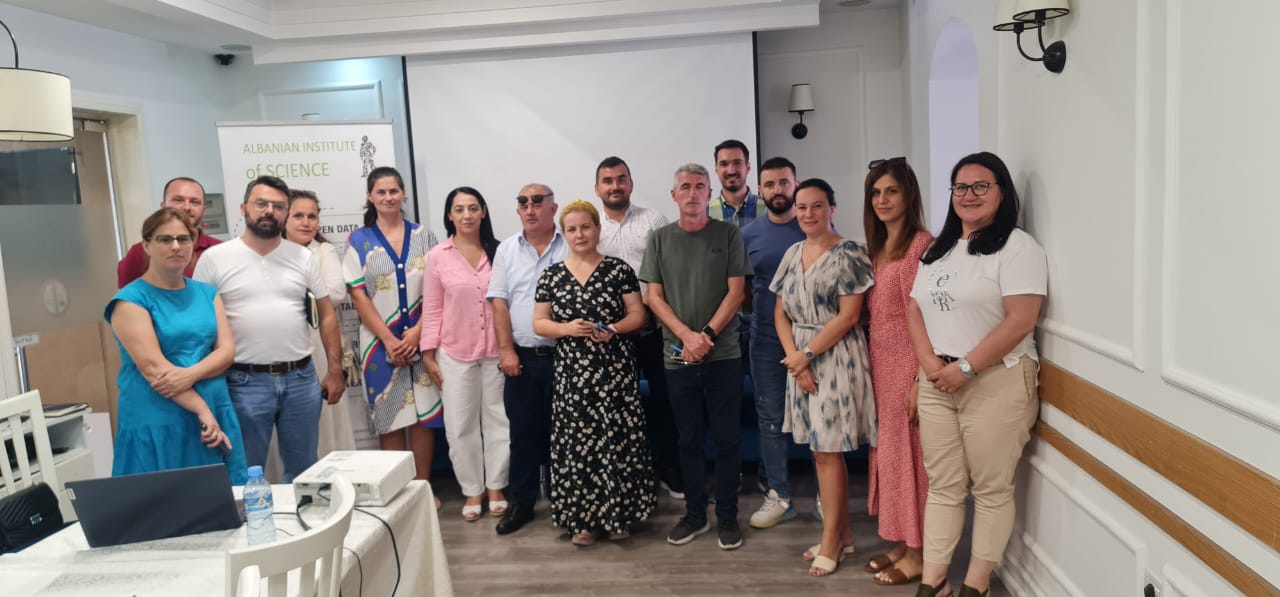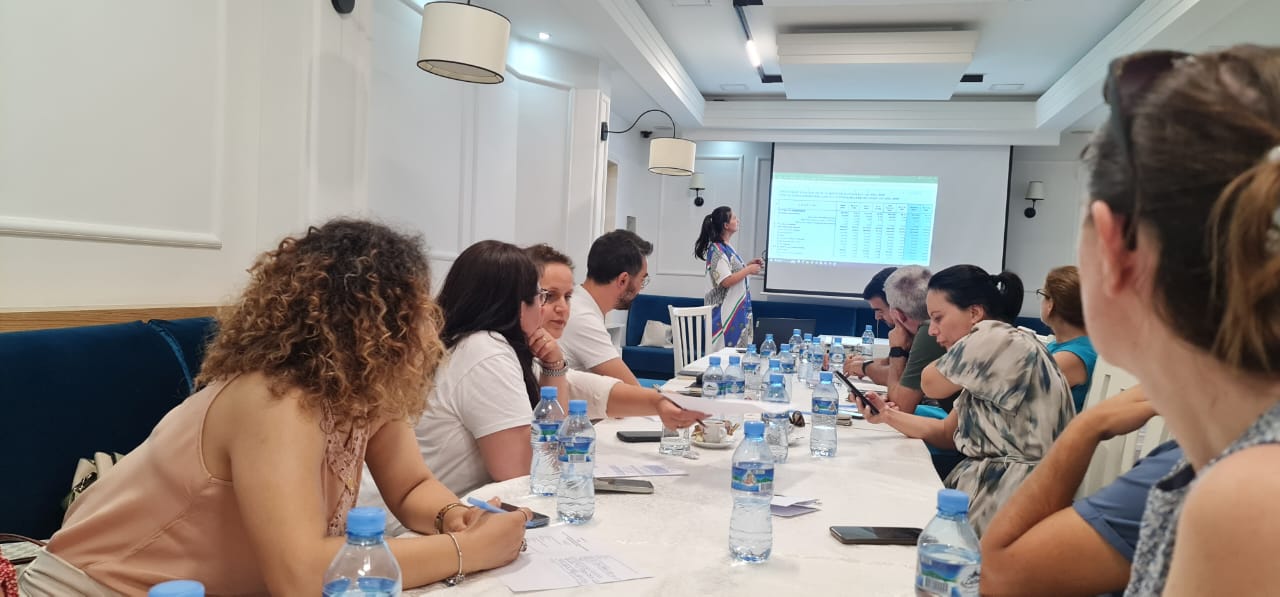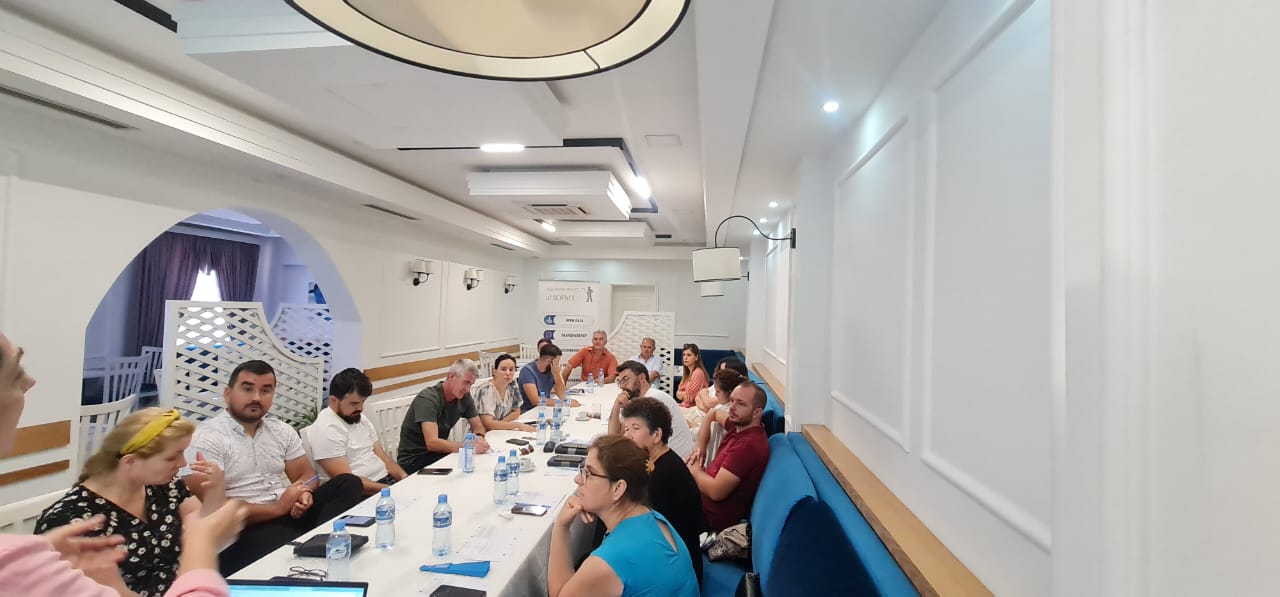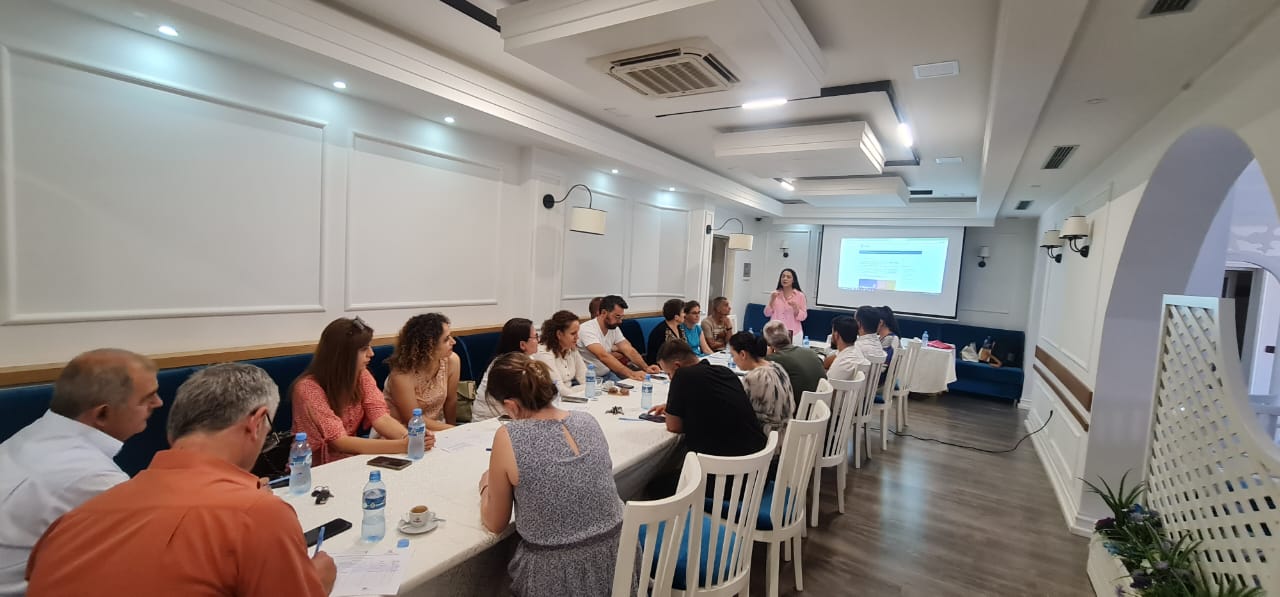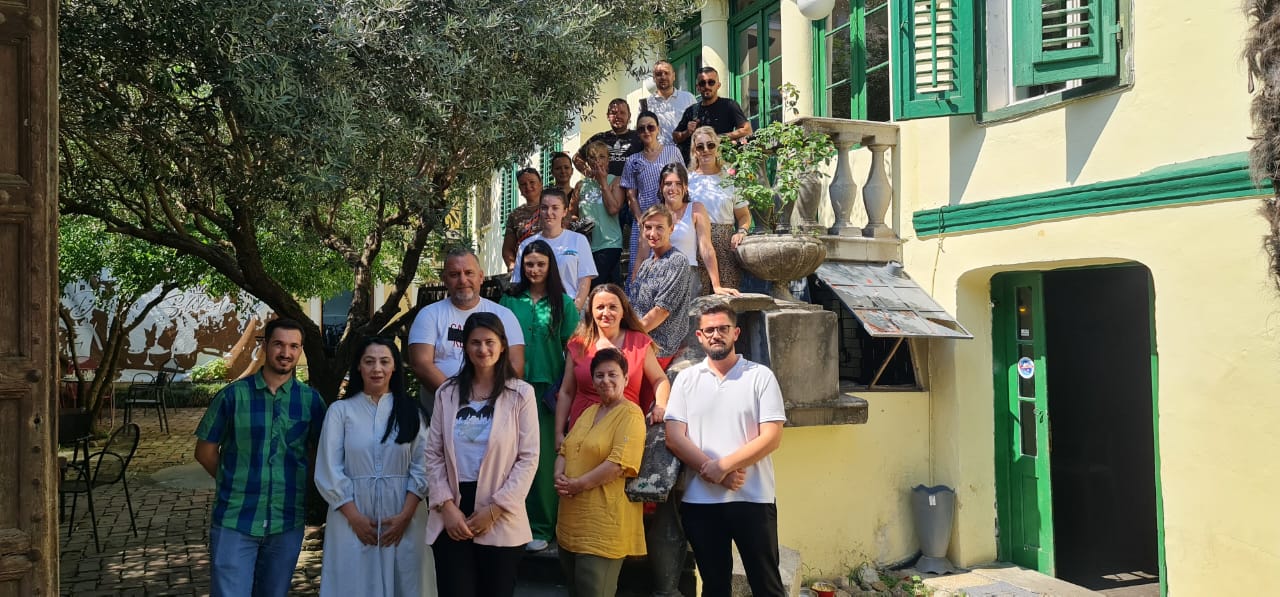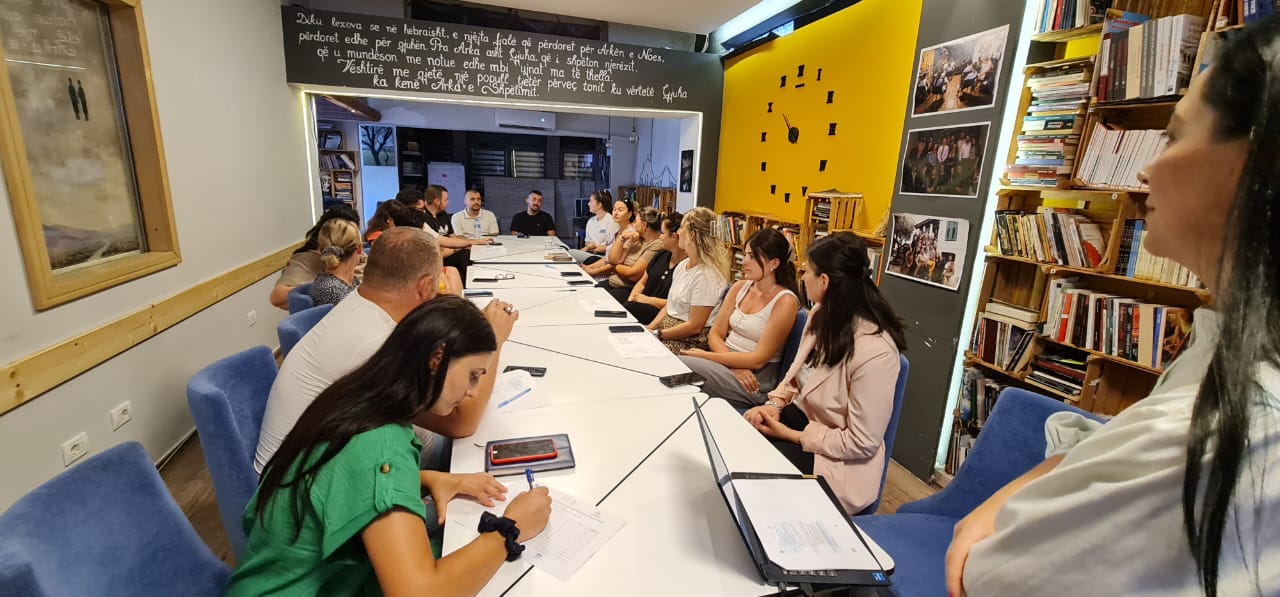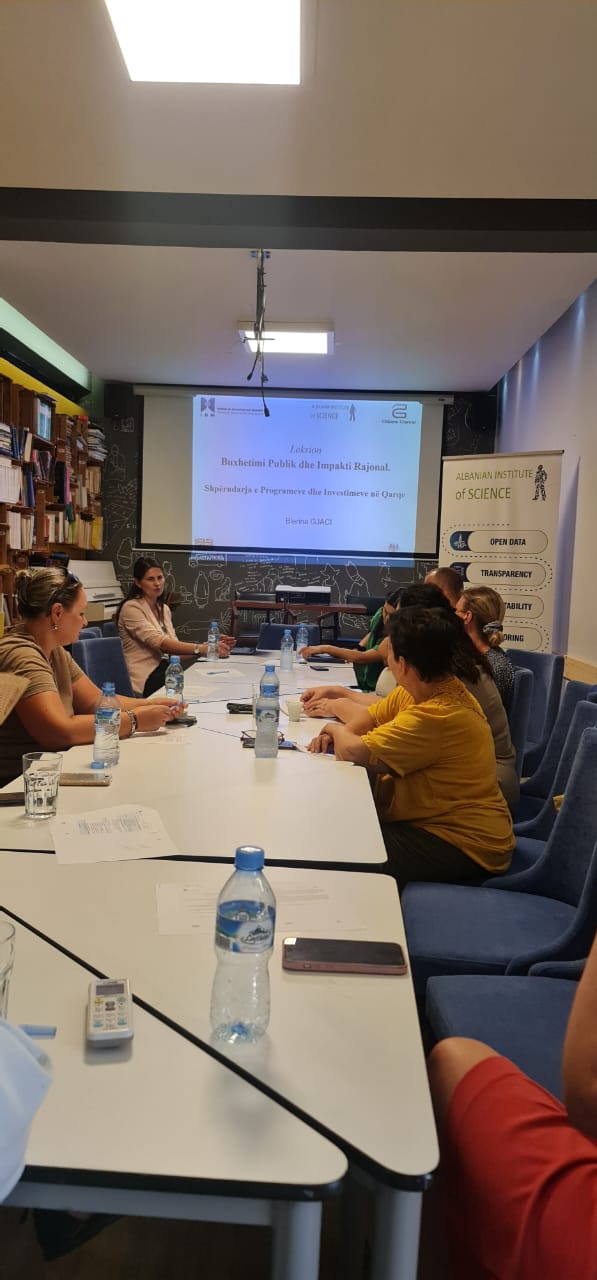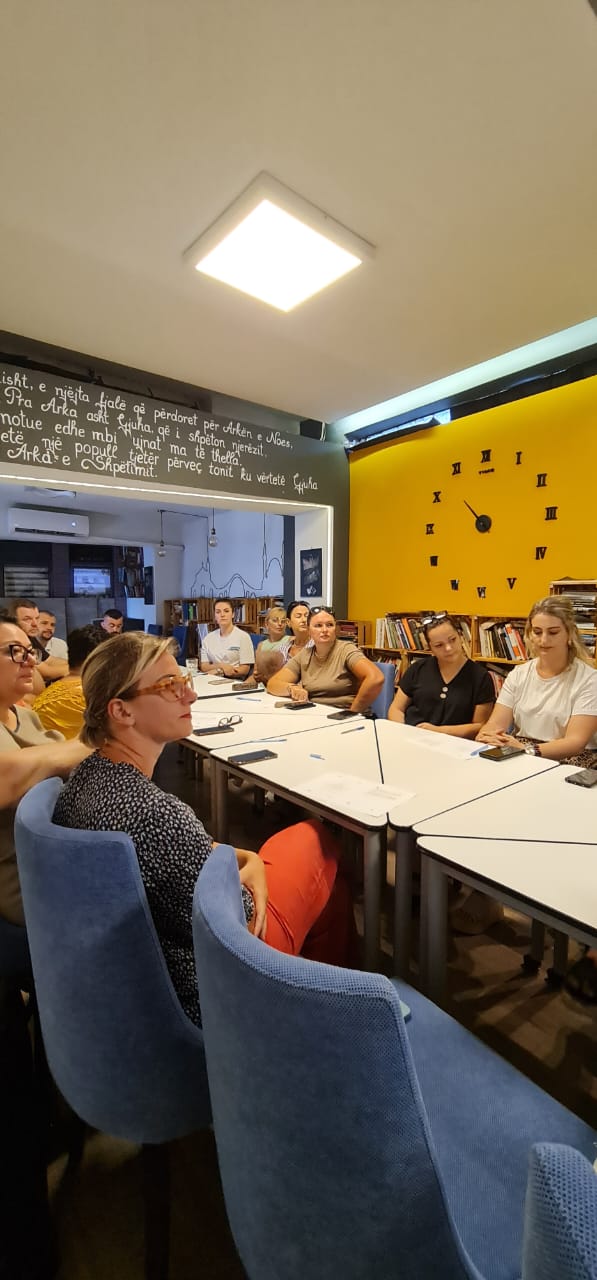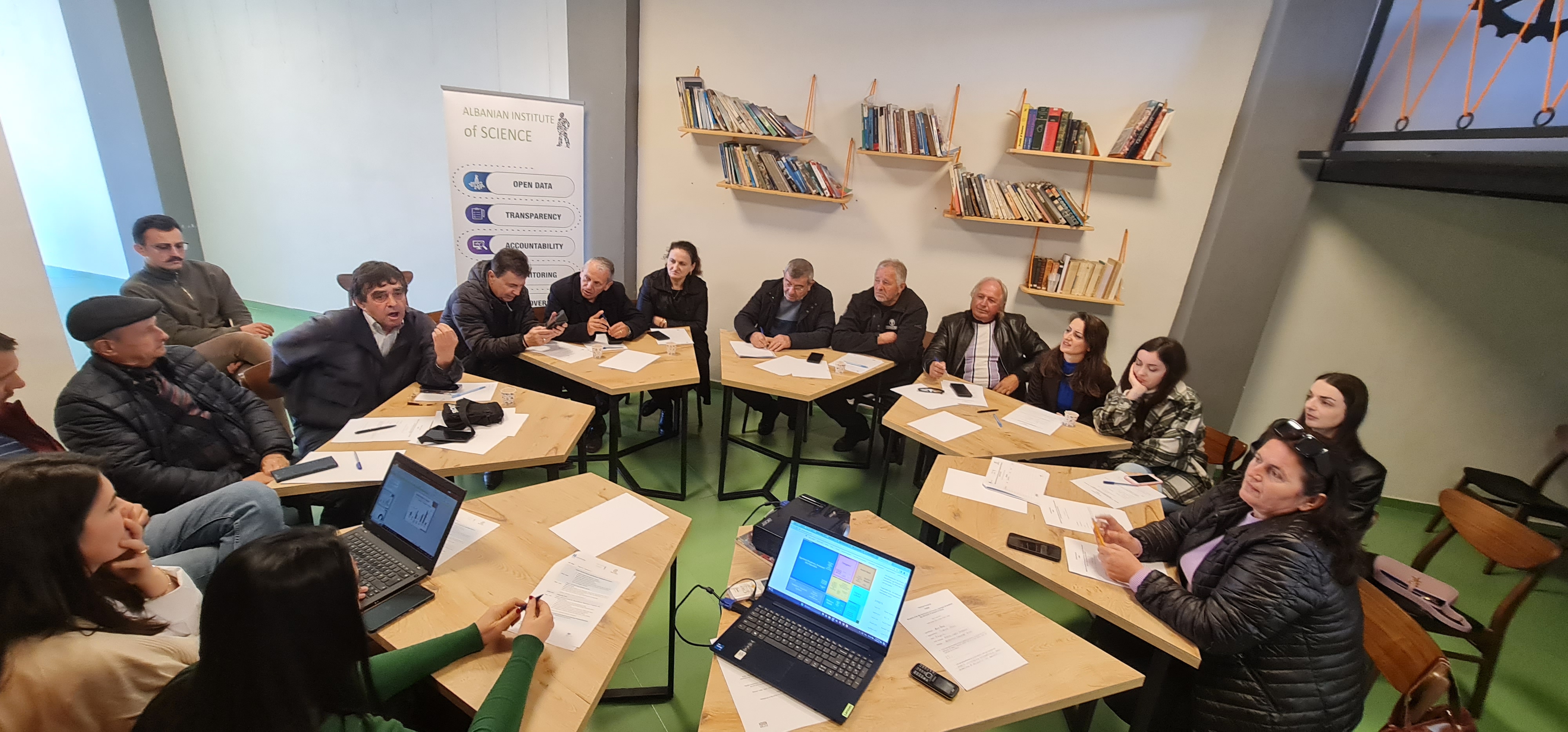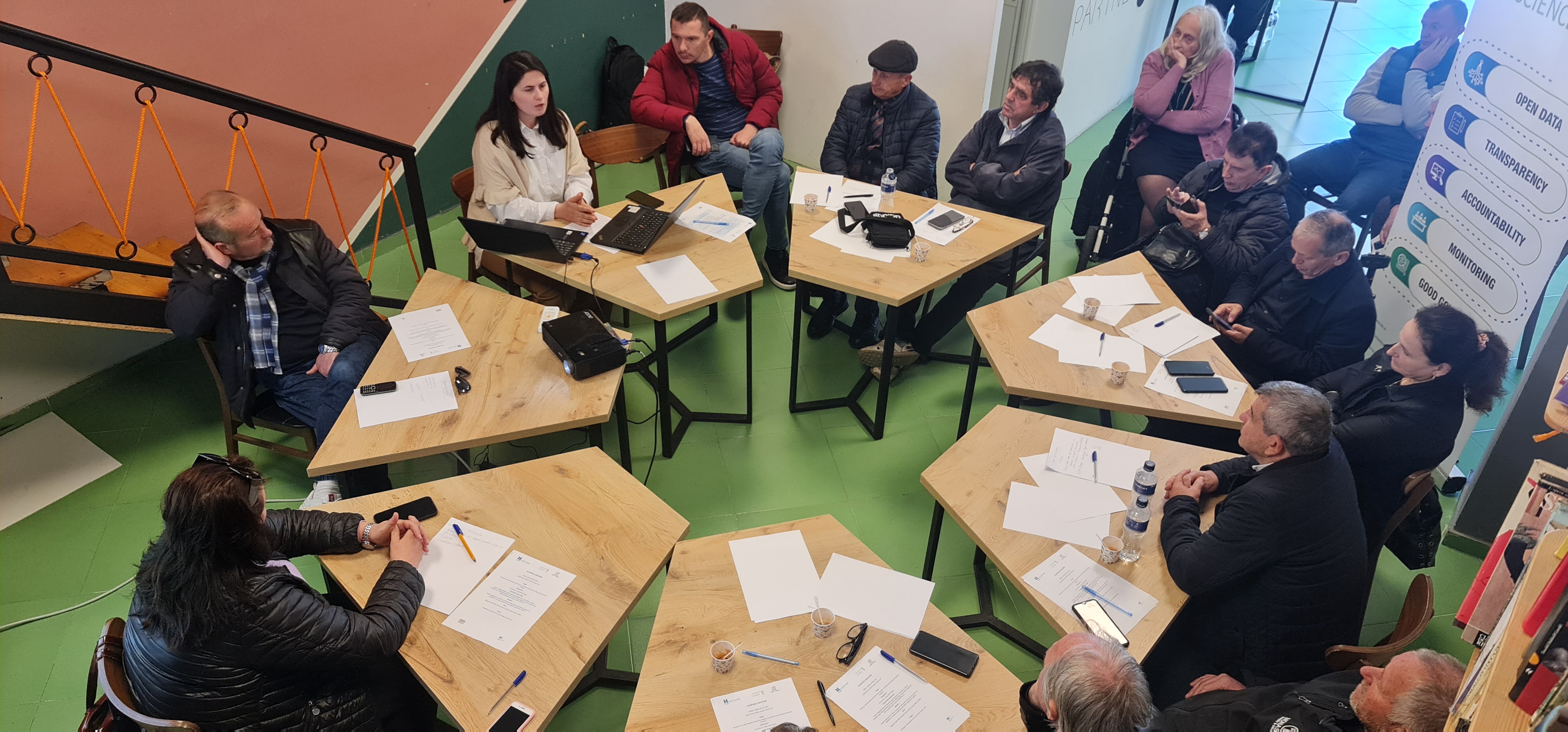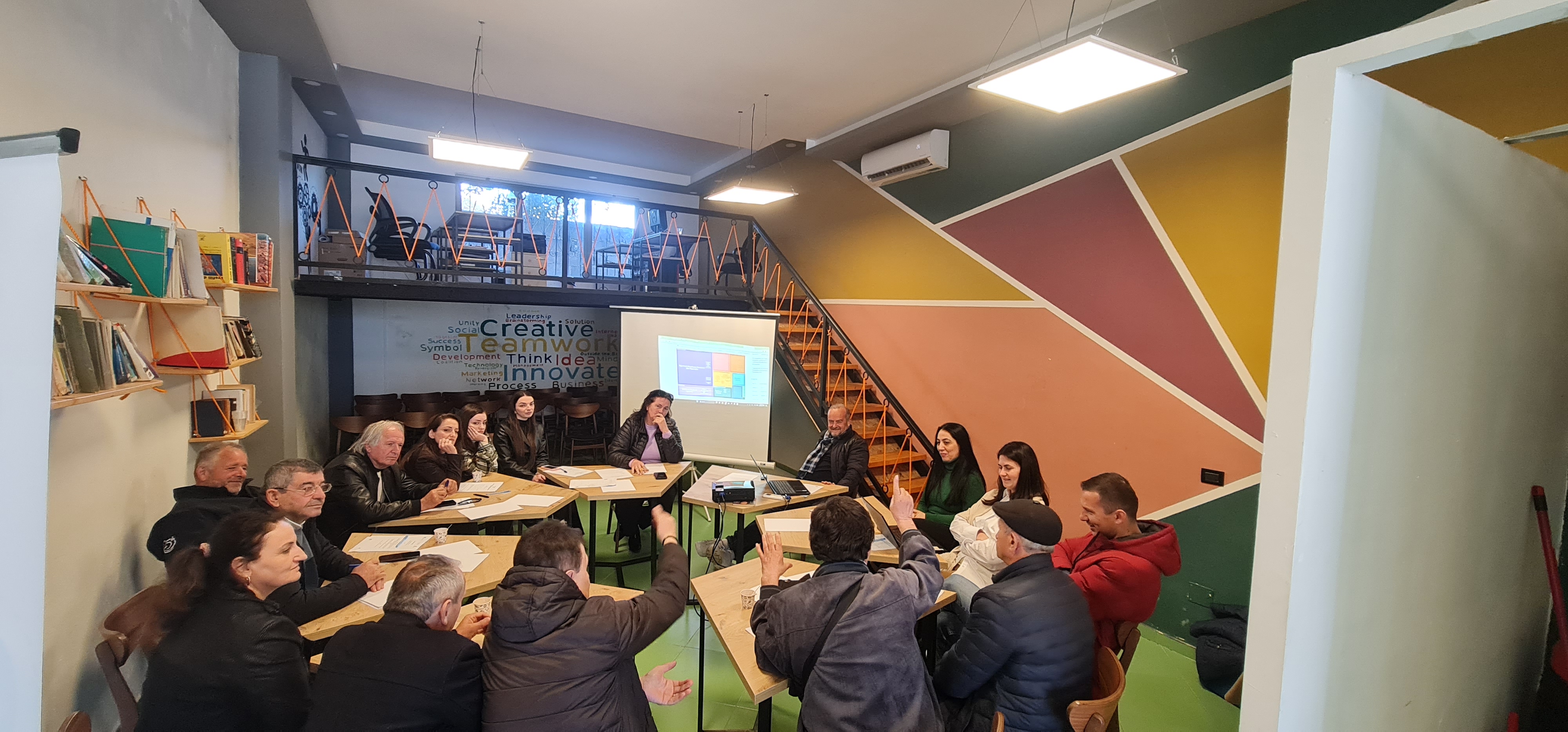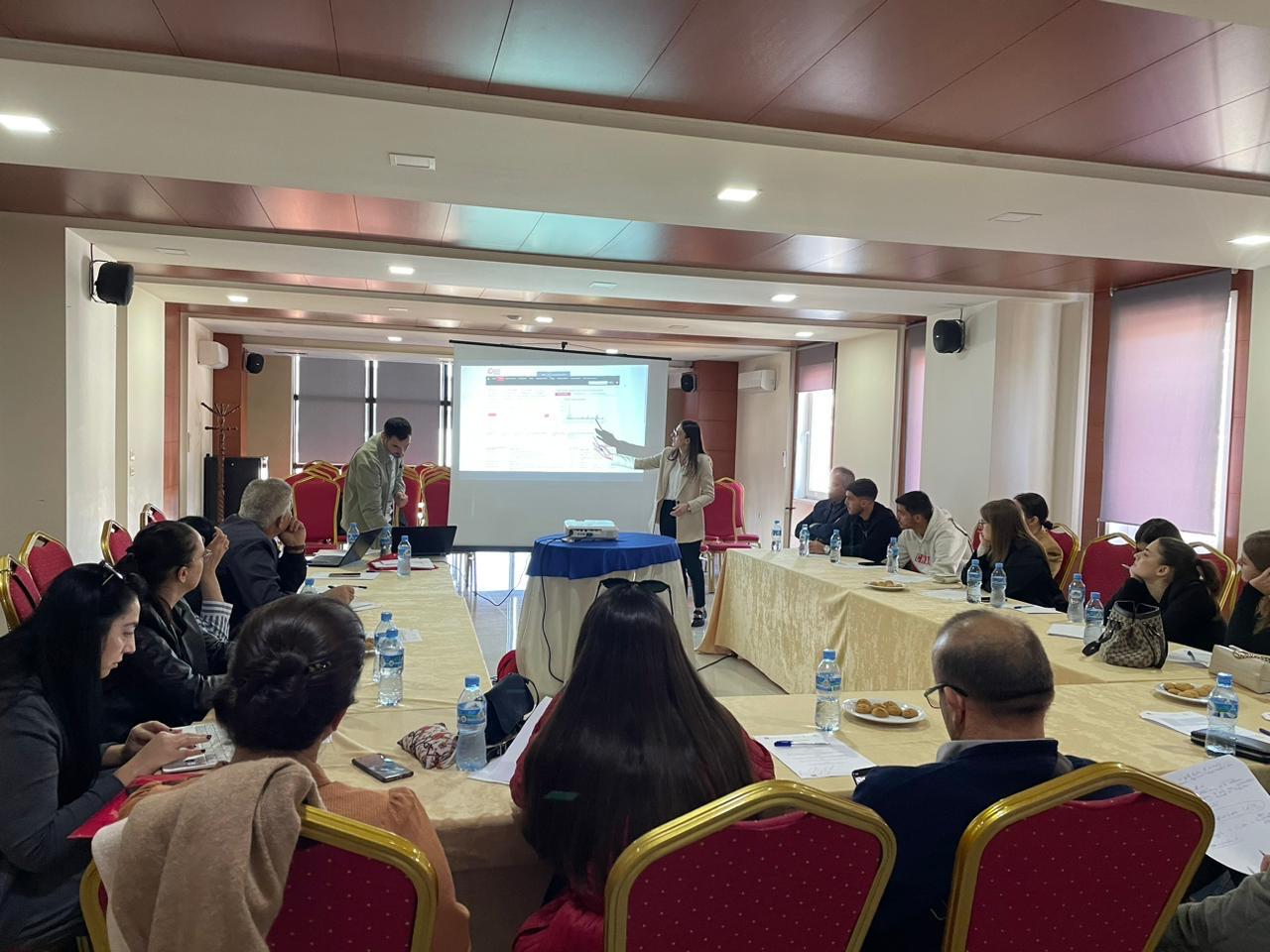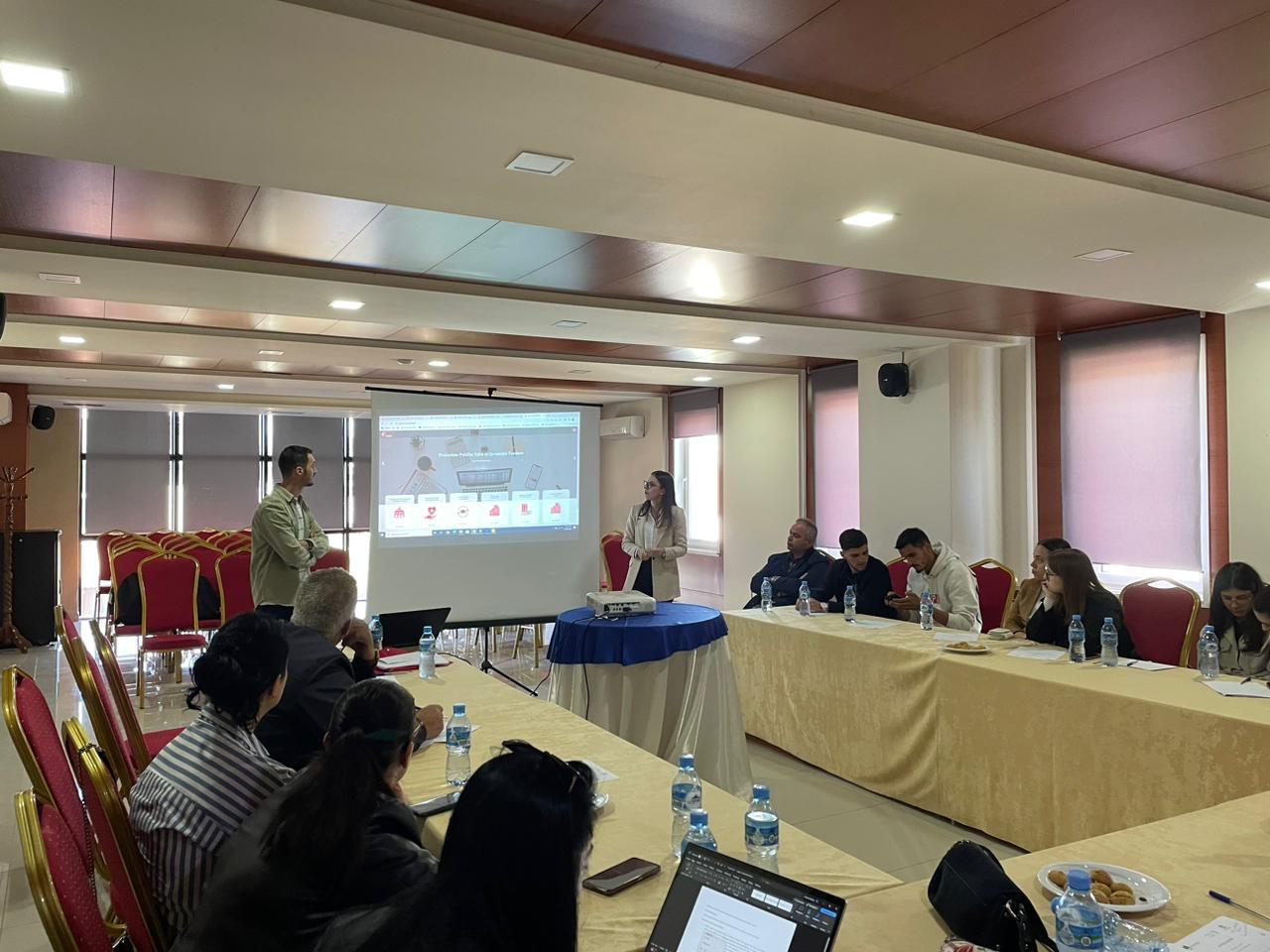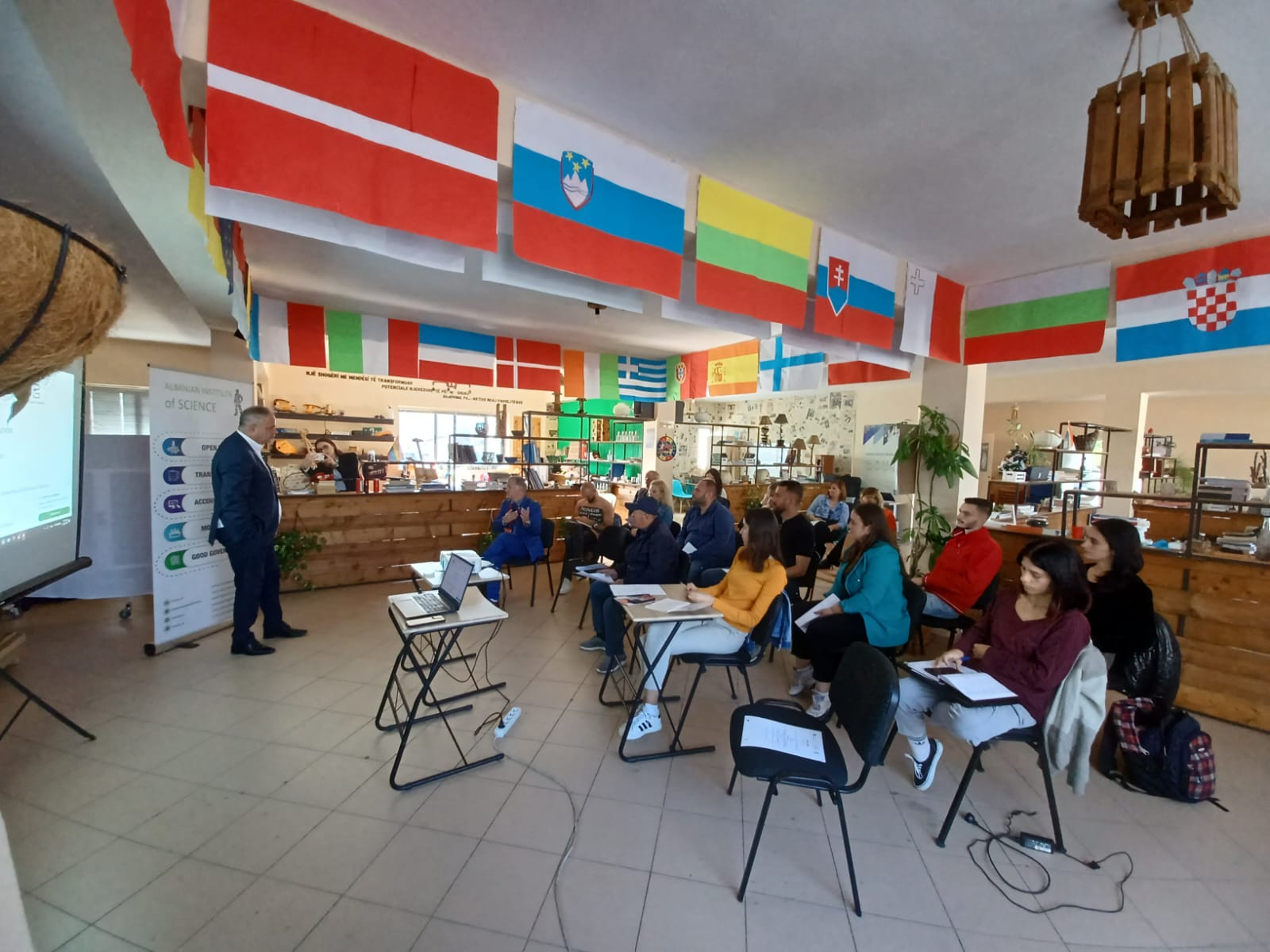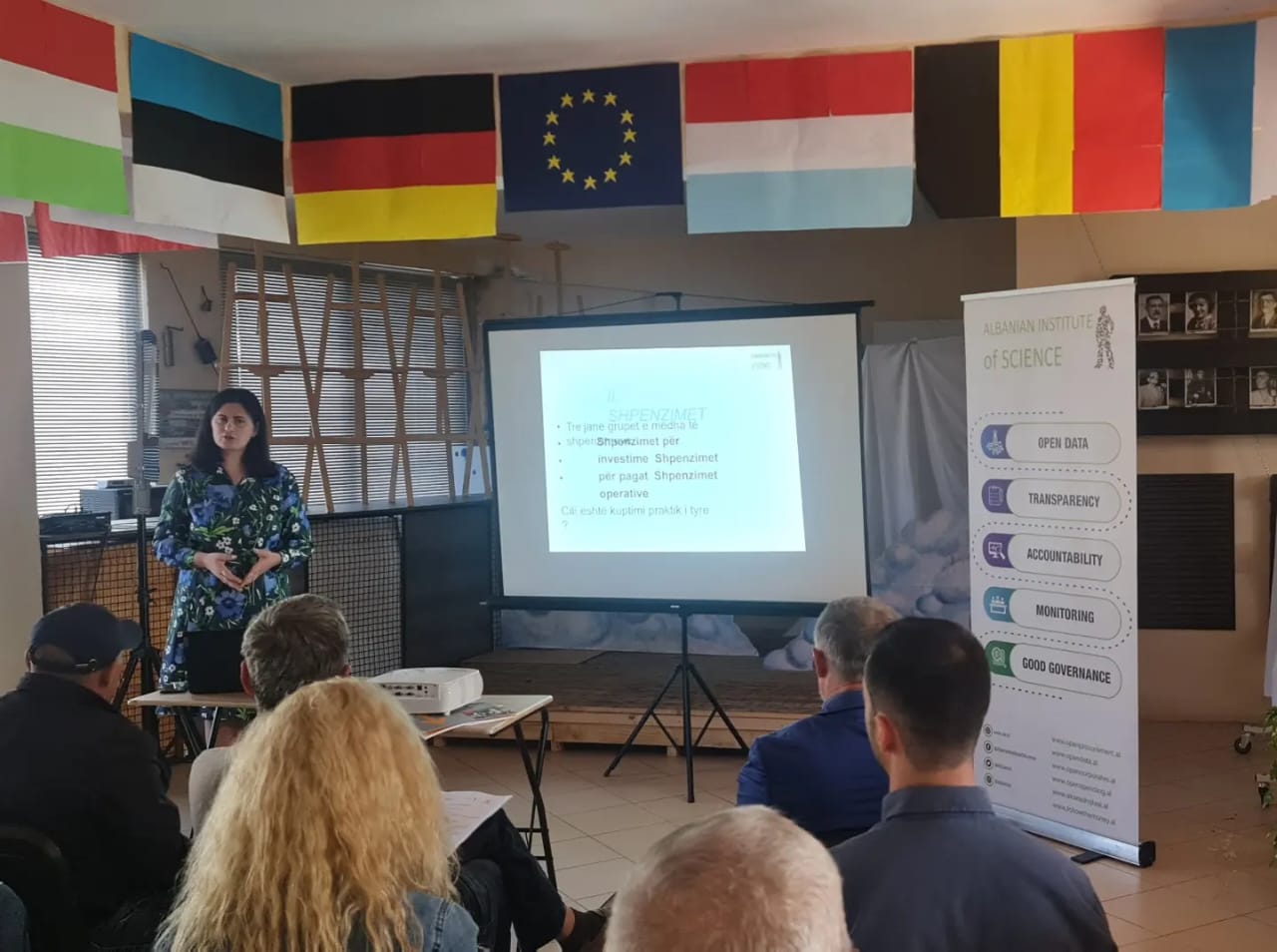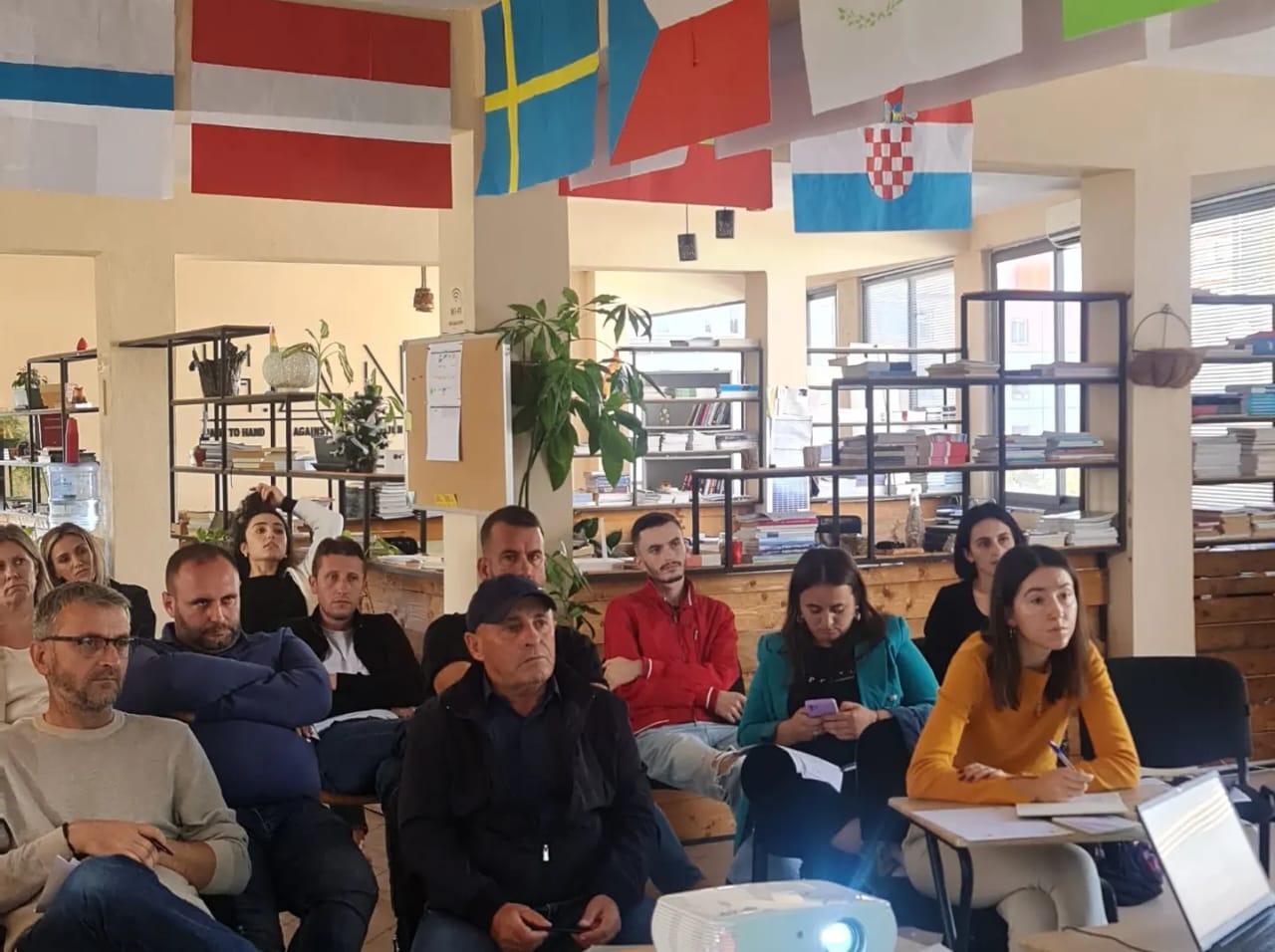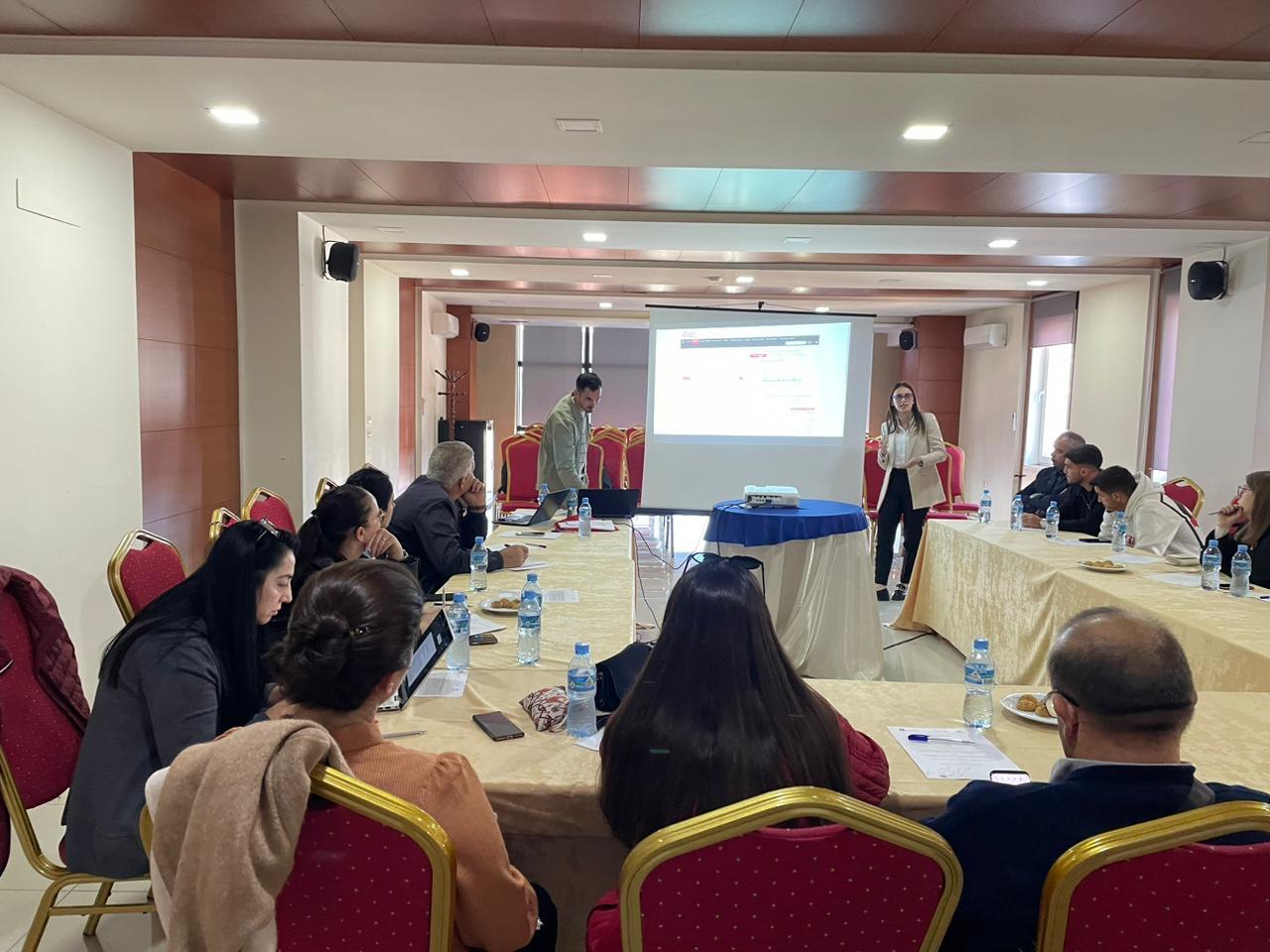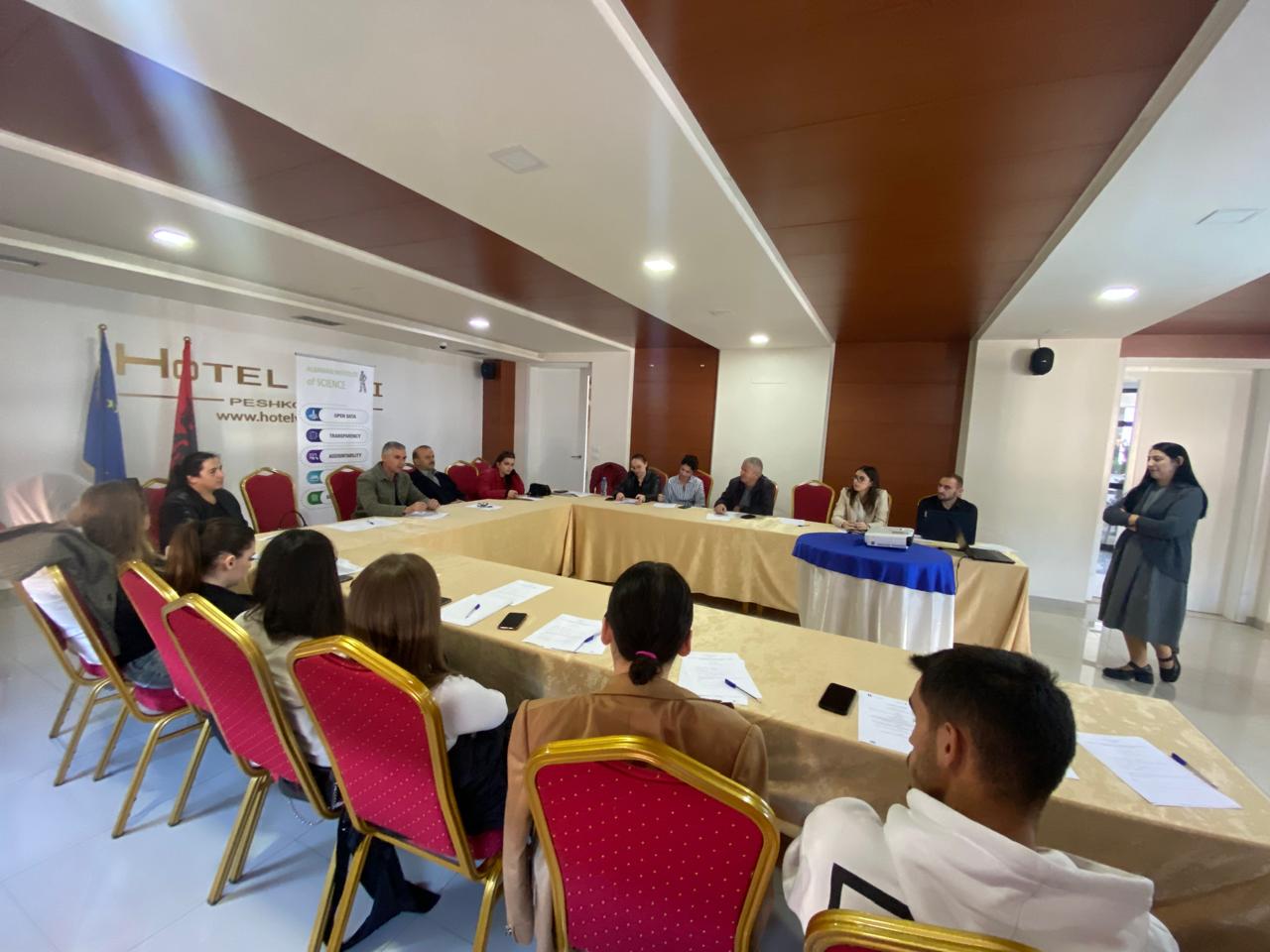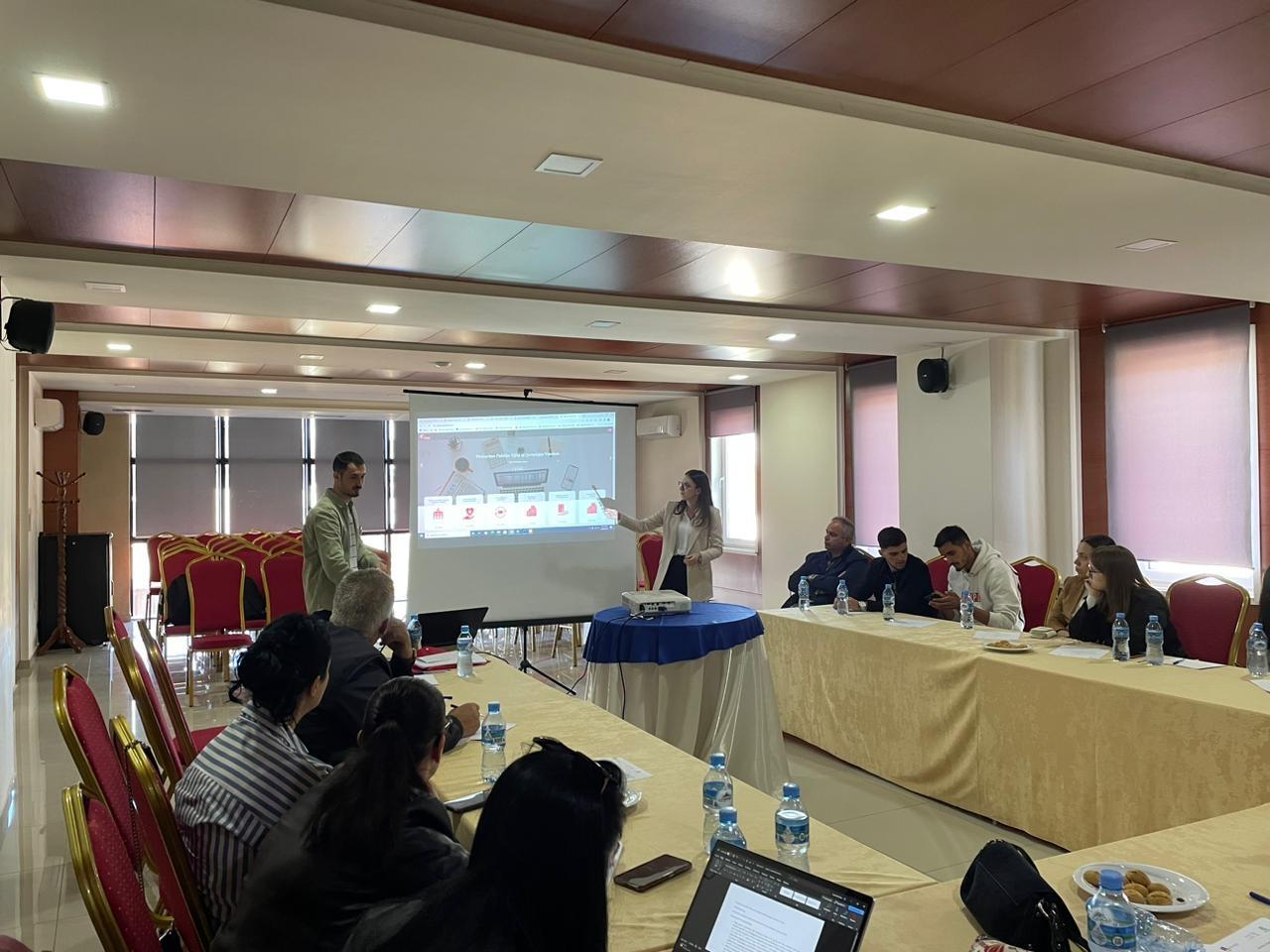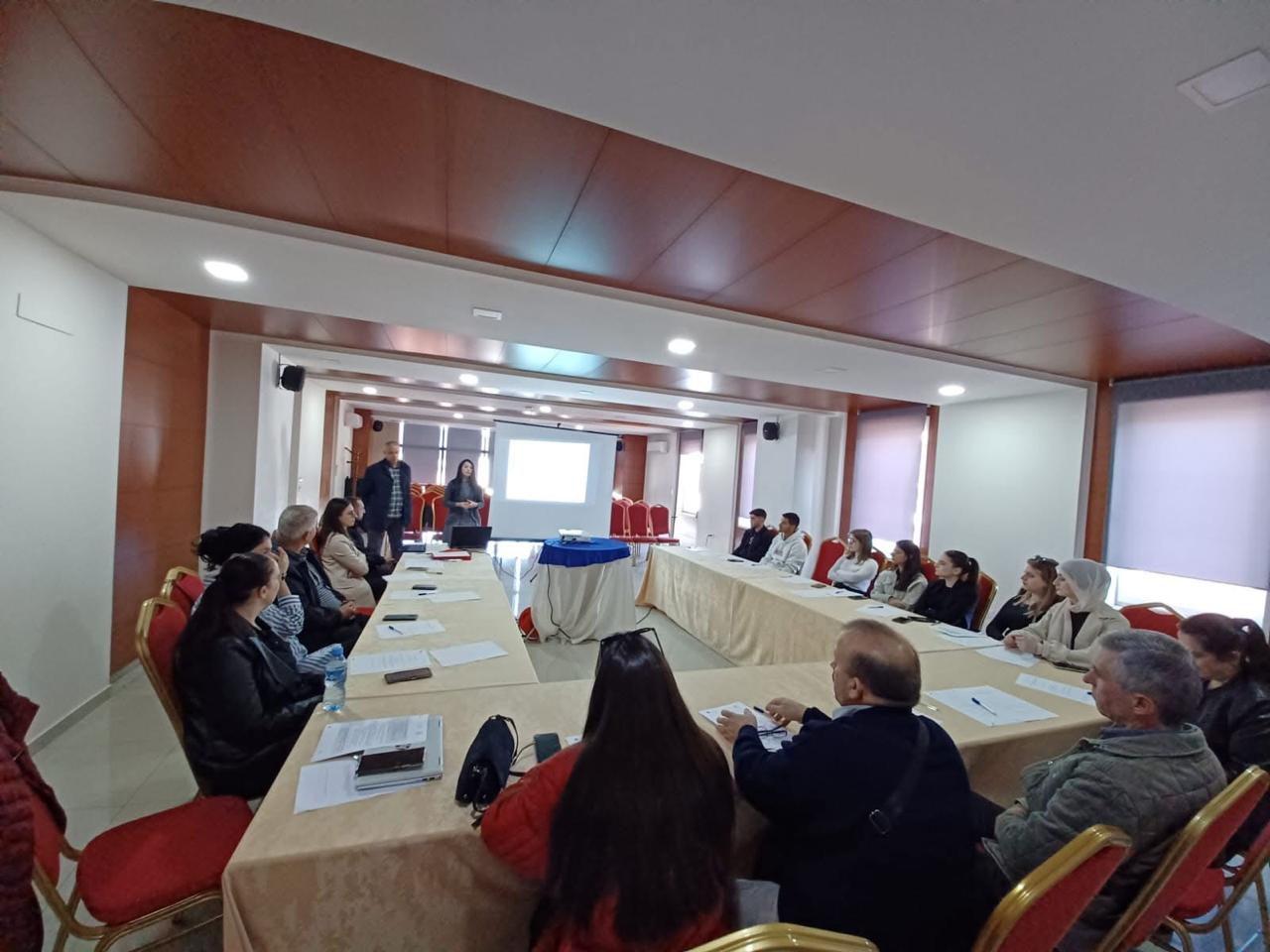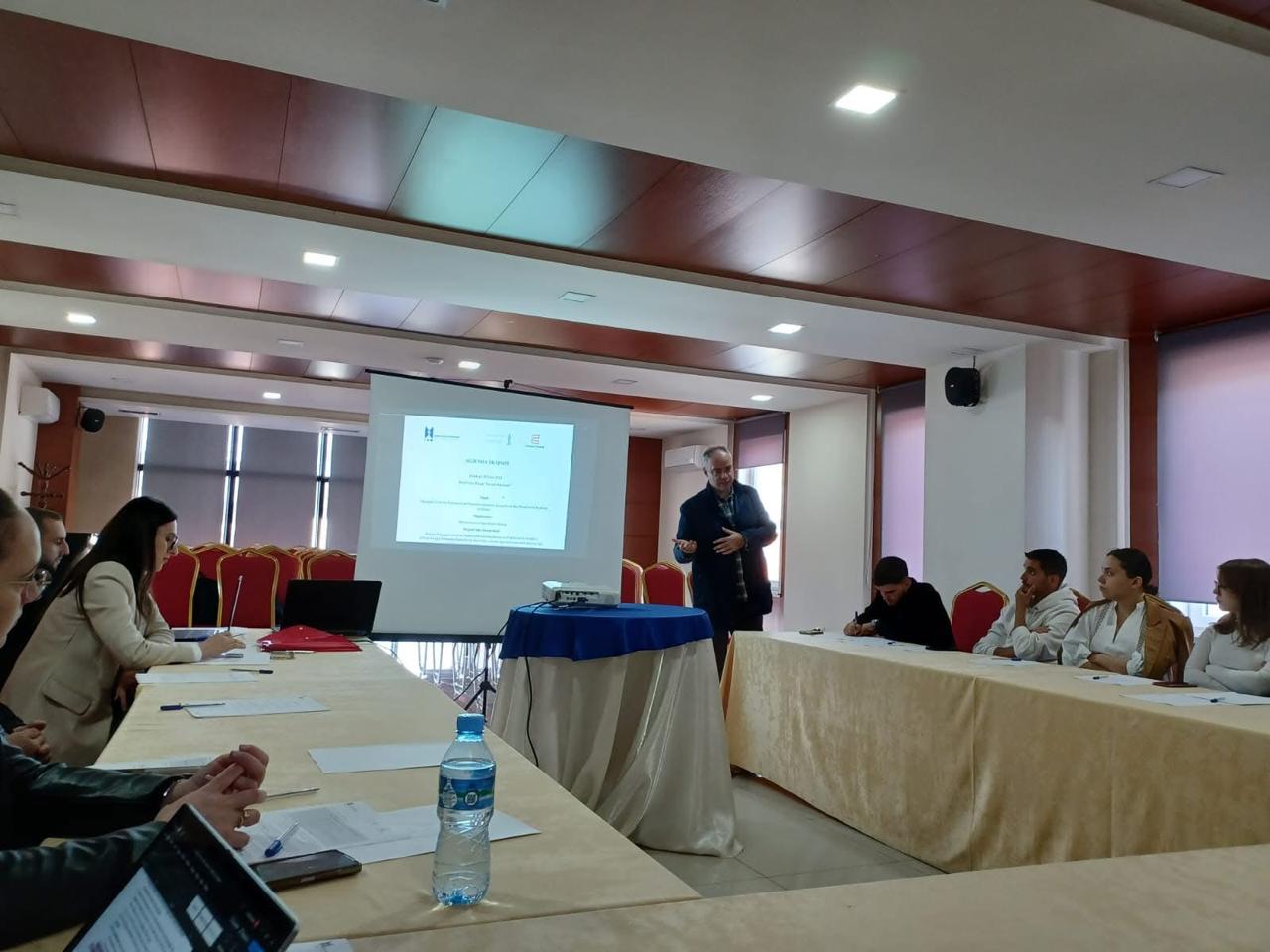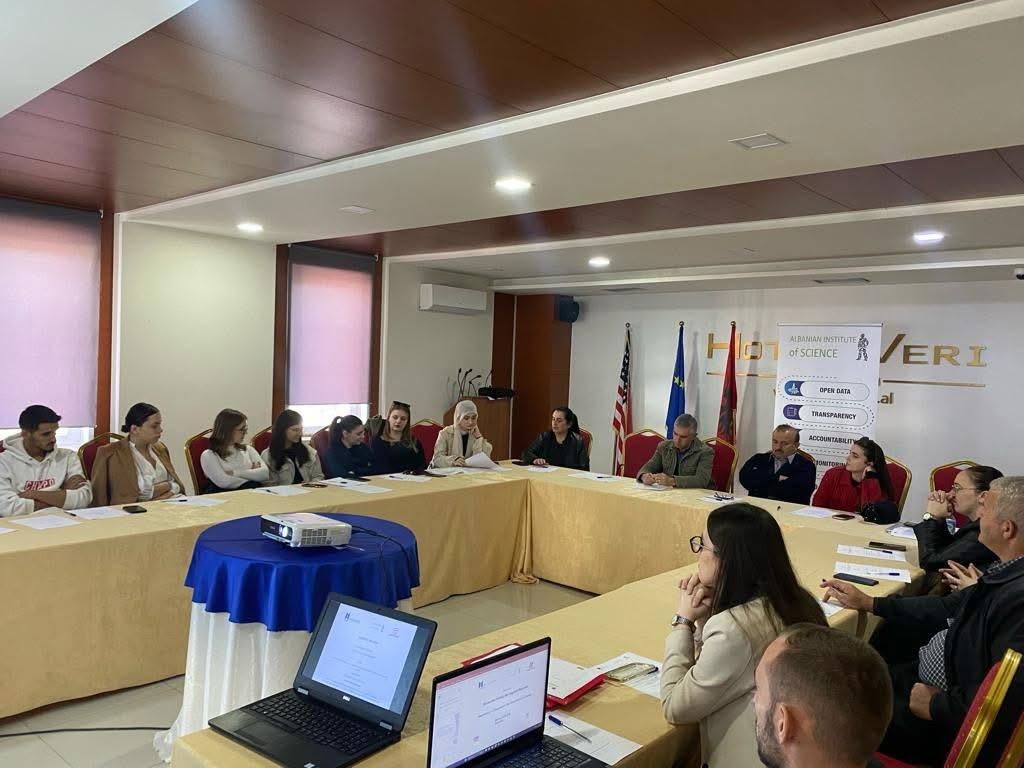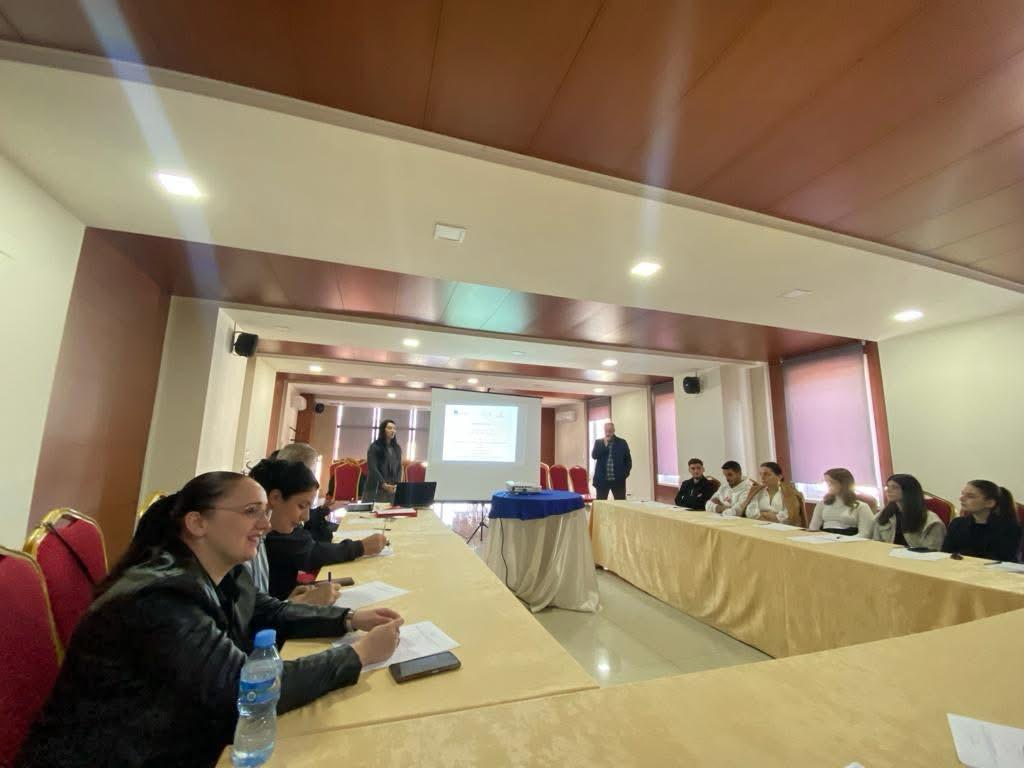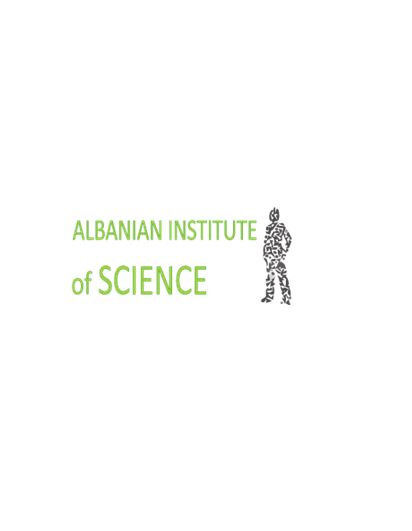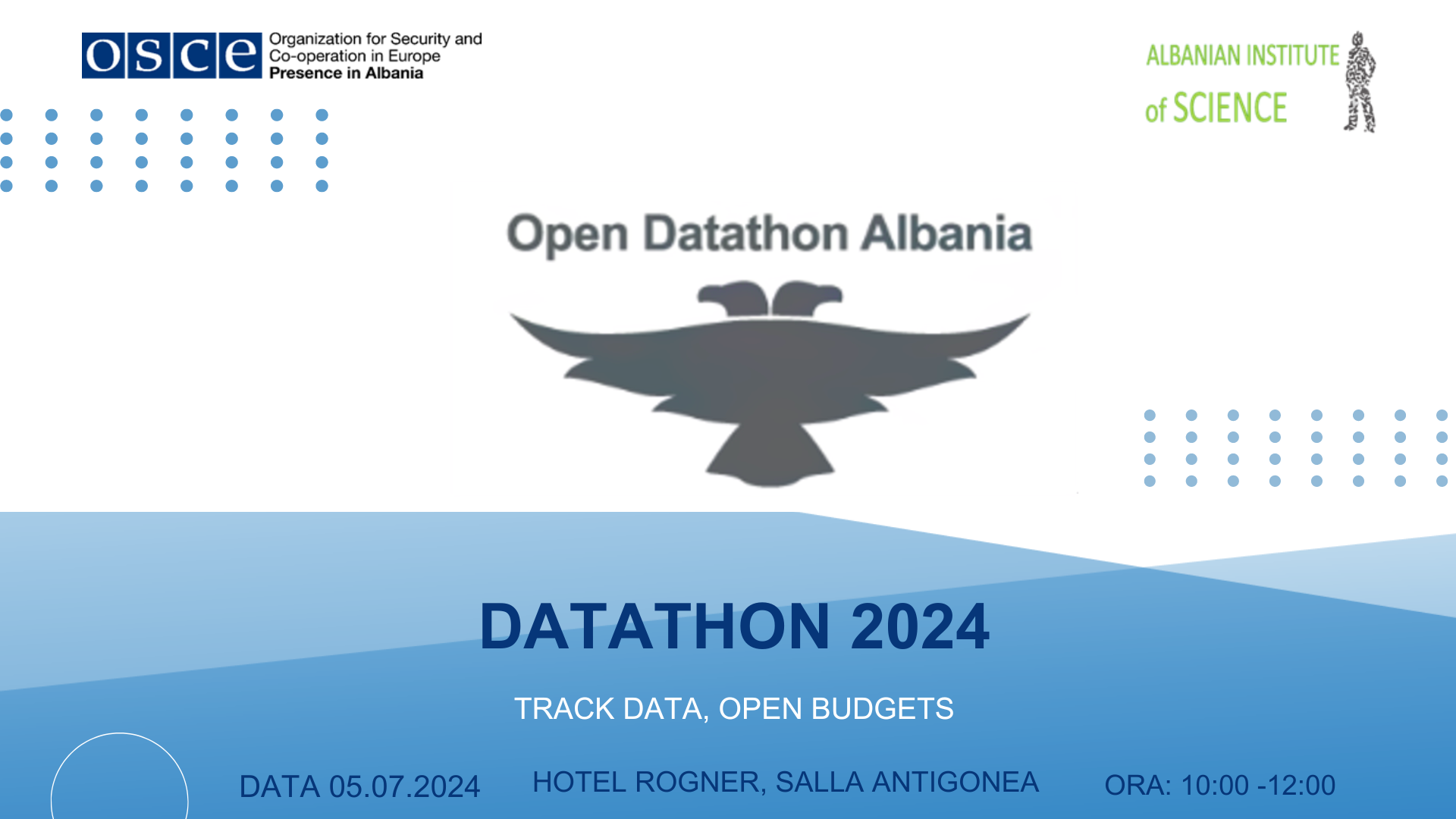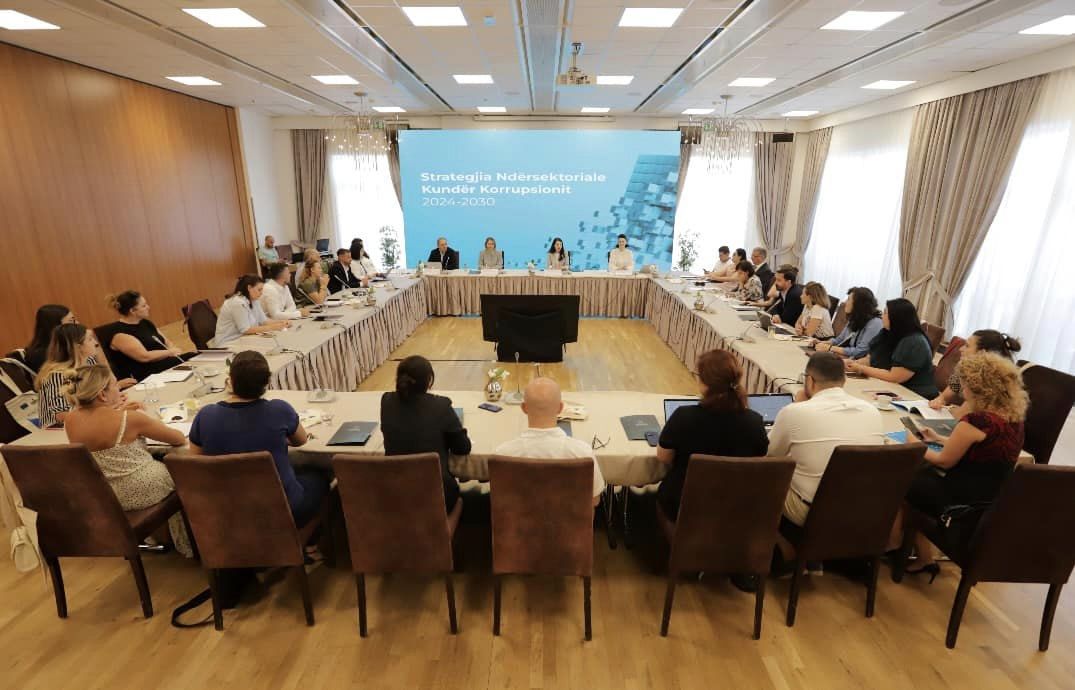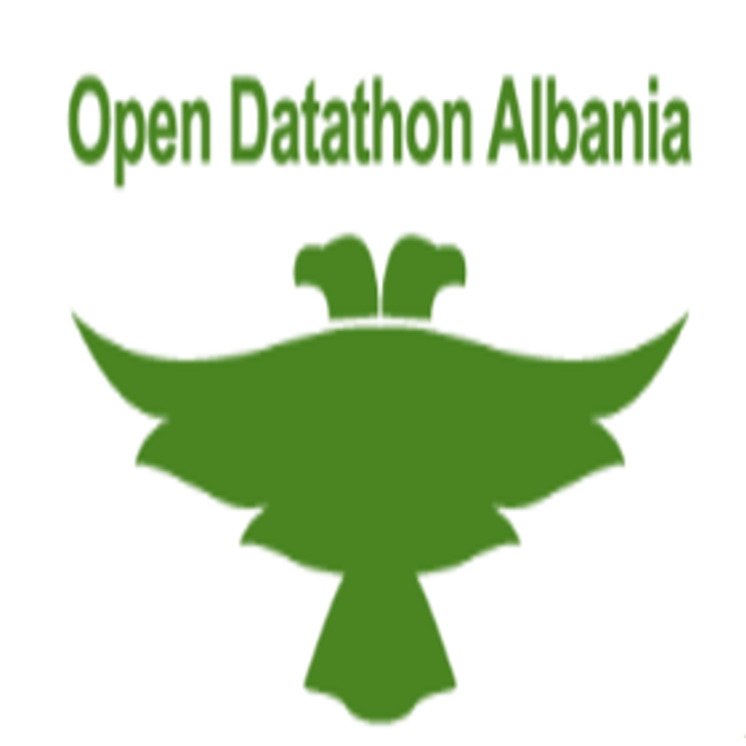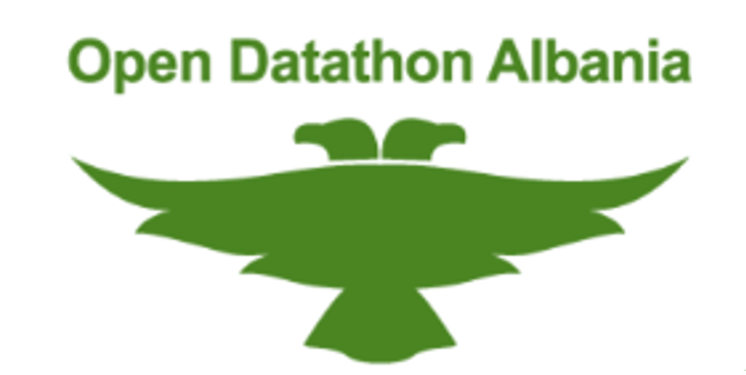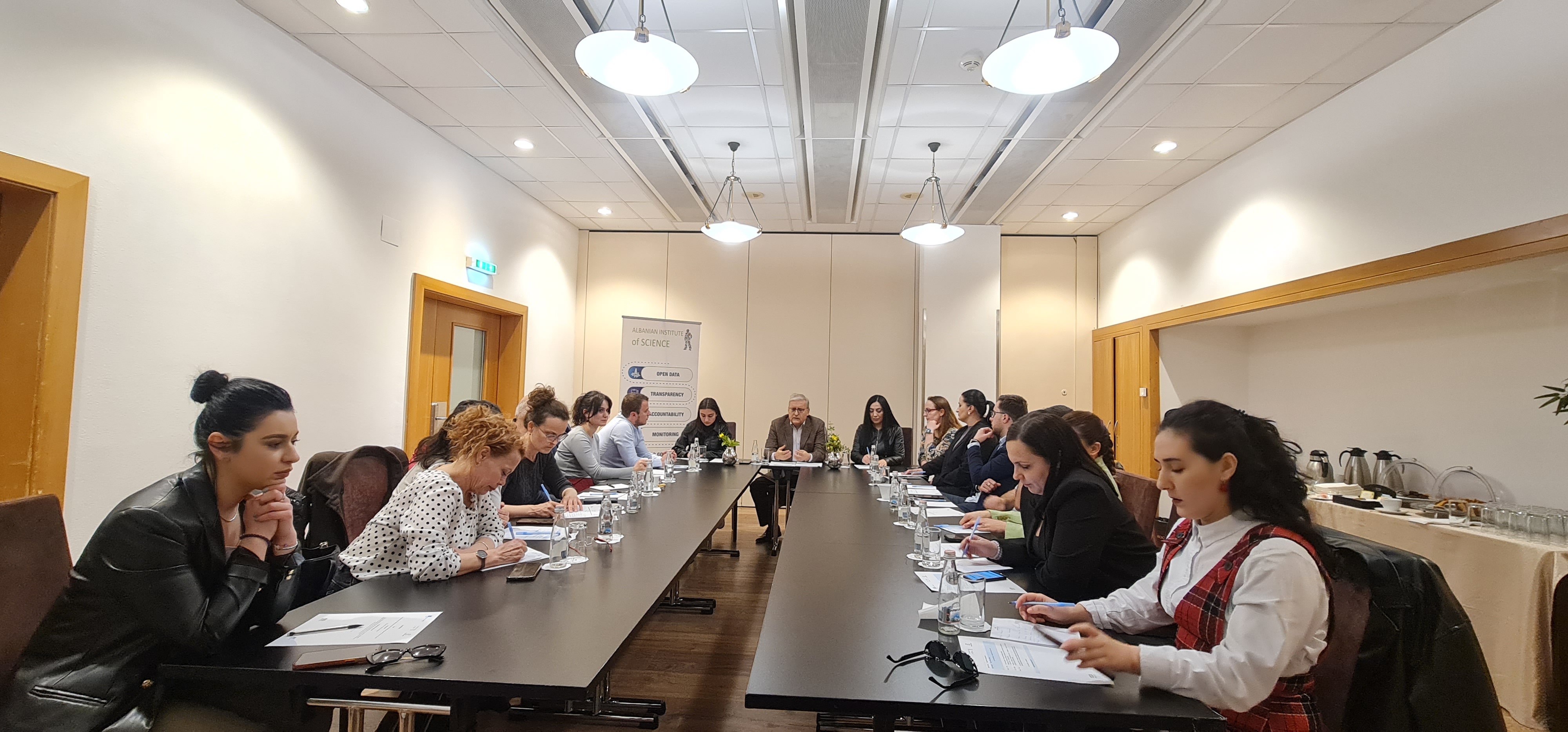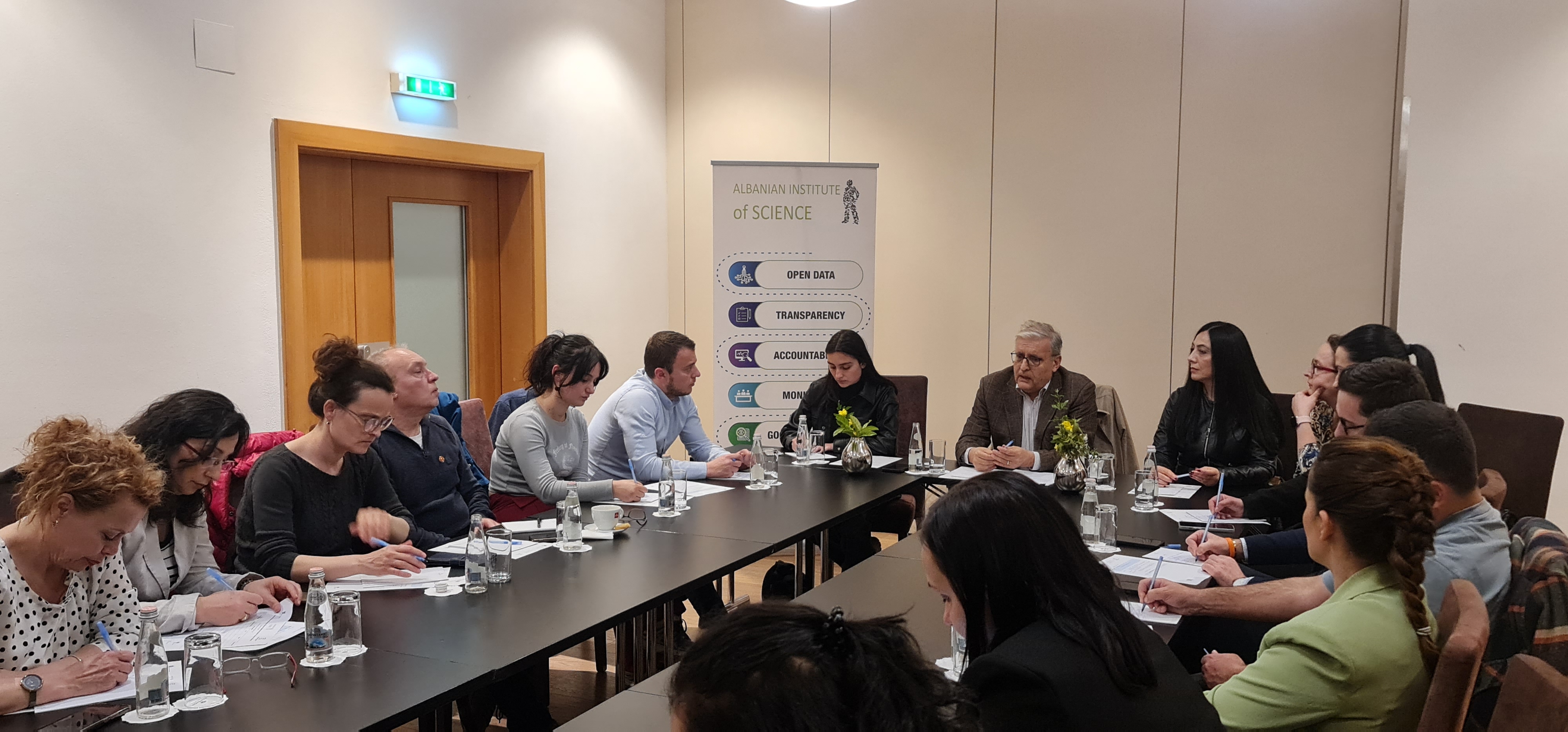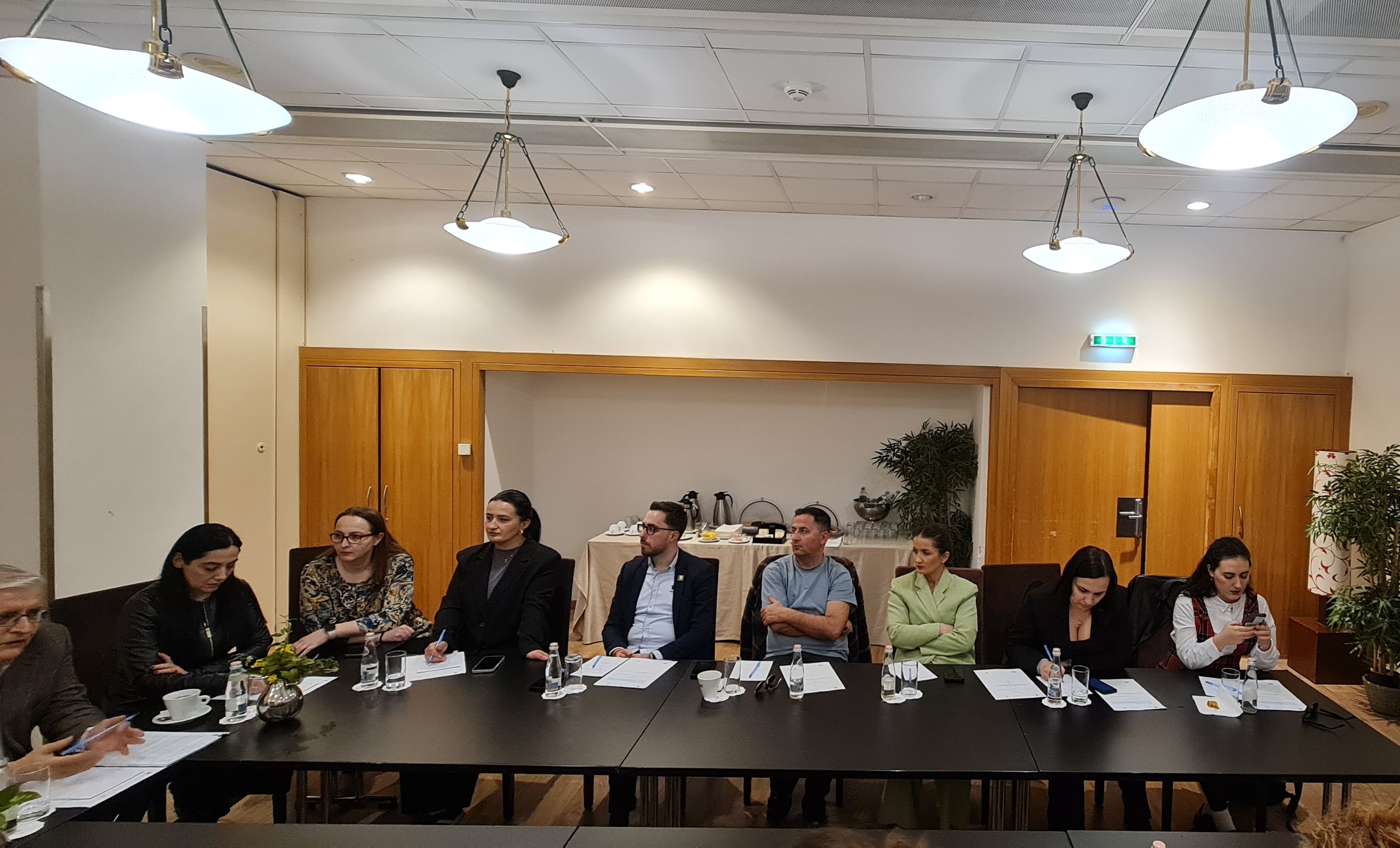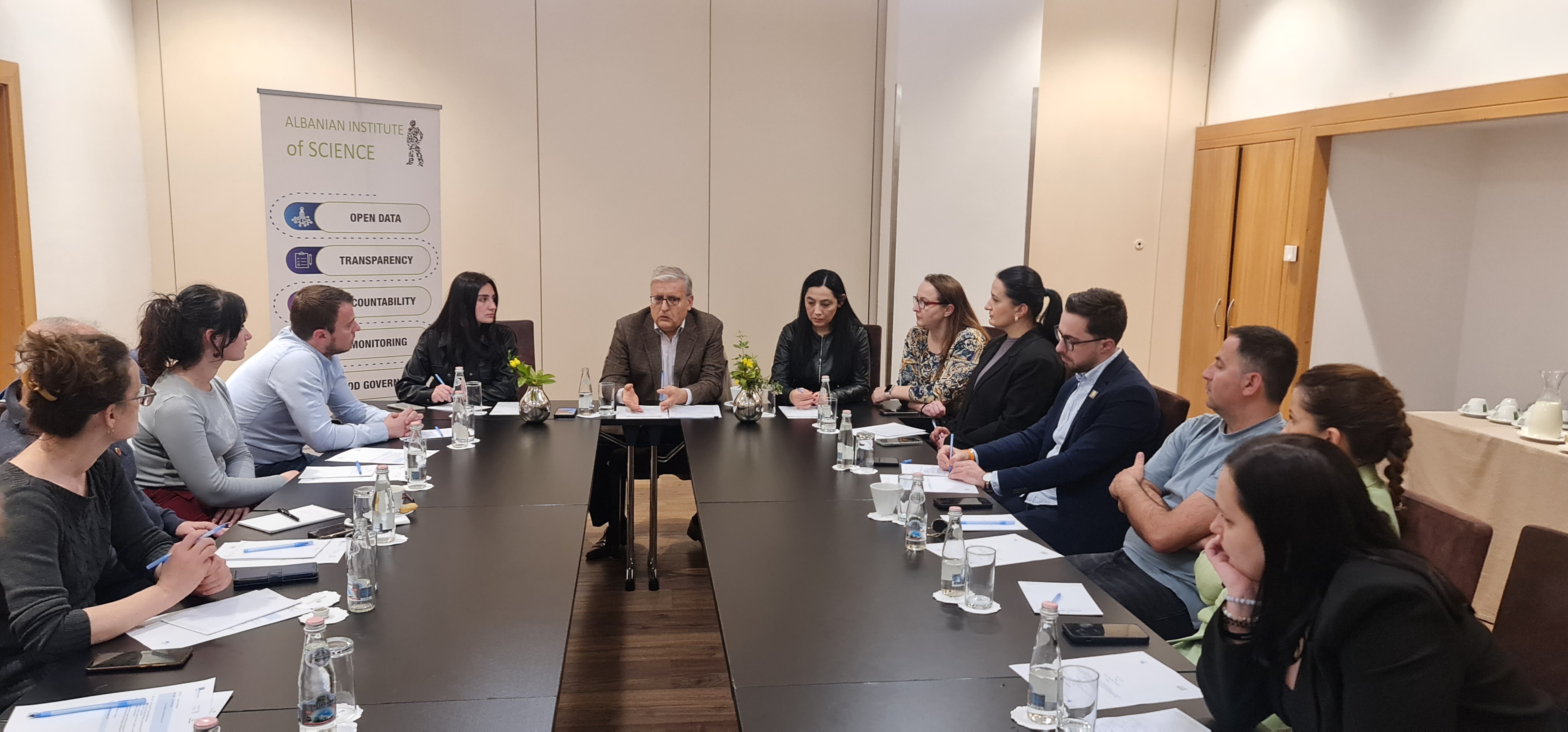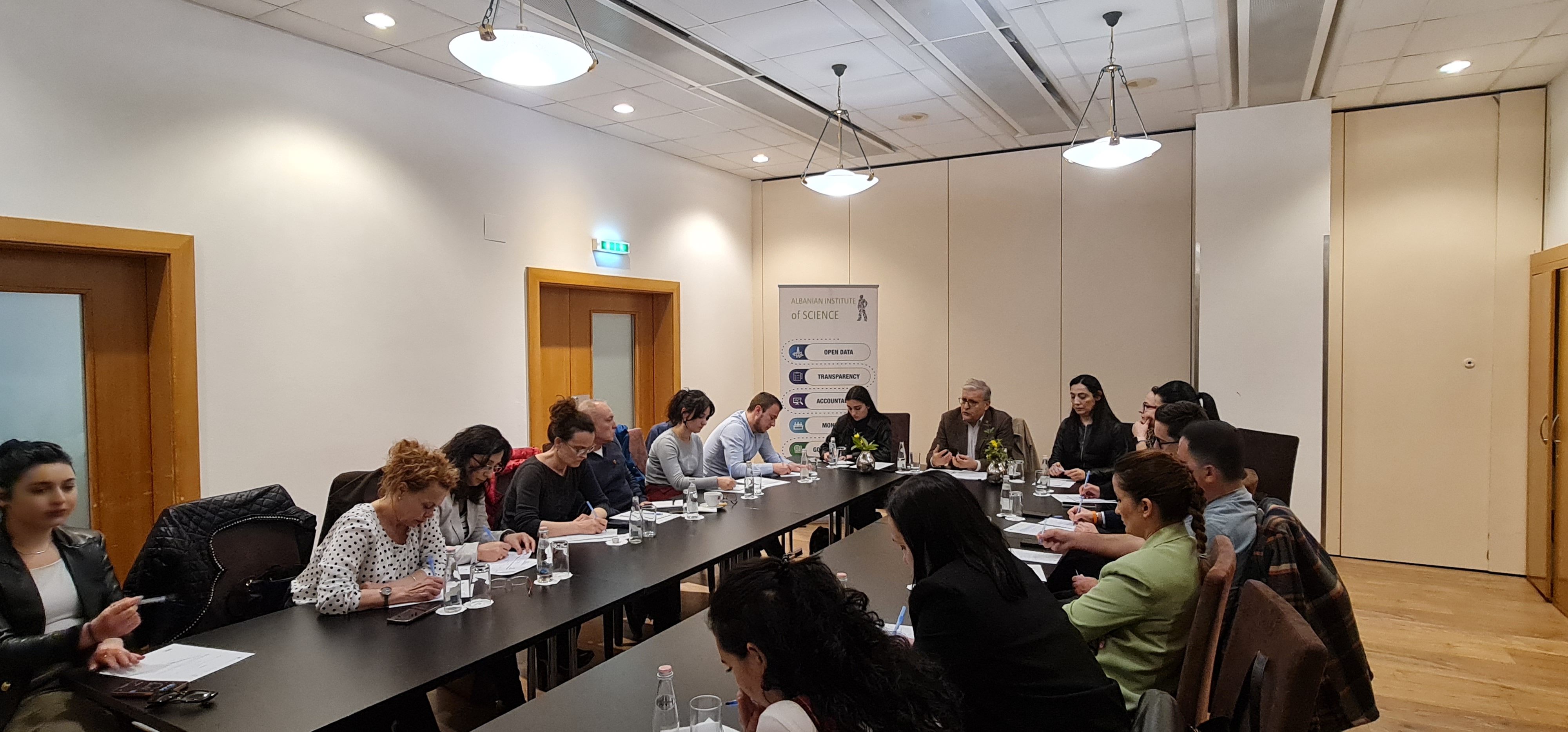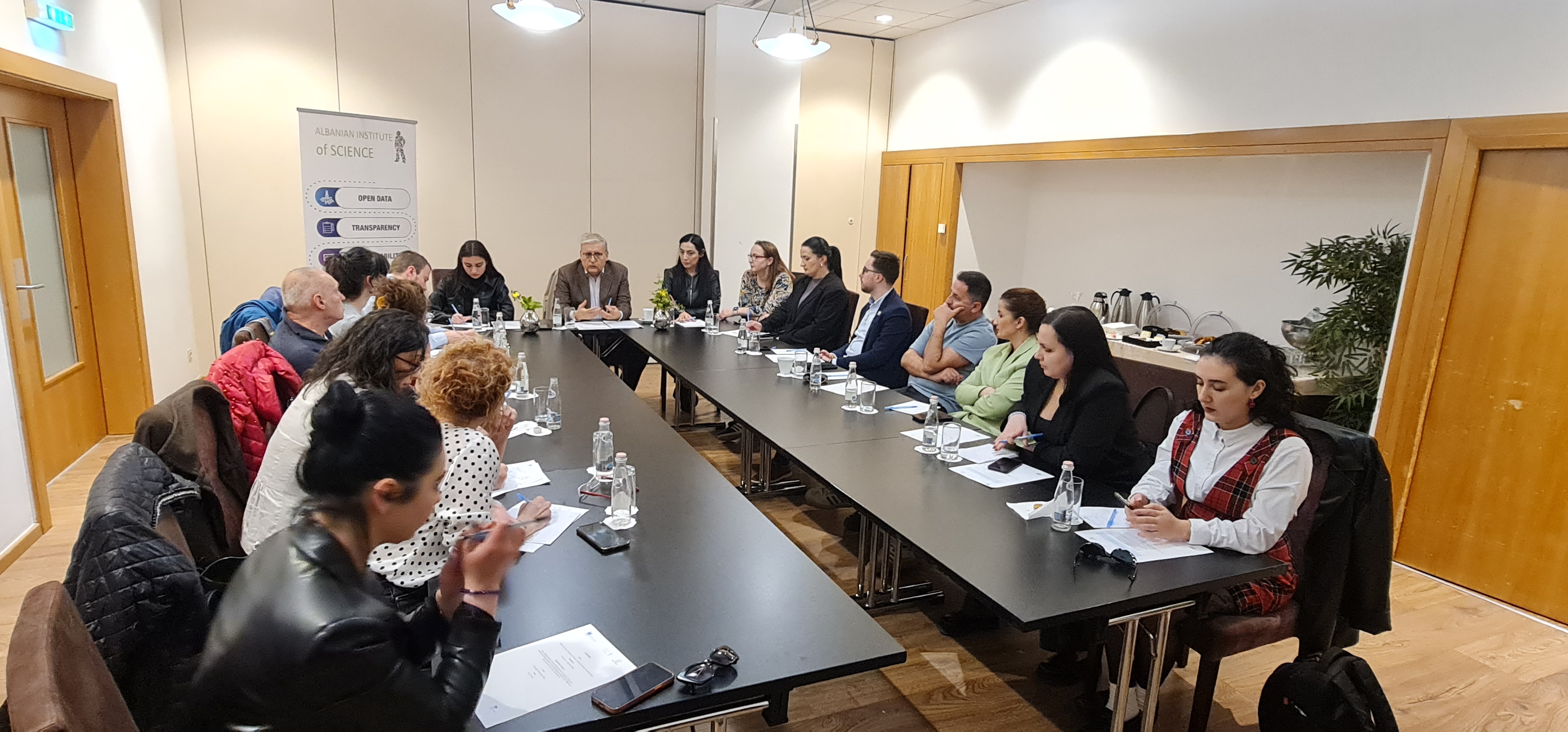Citizen Participation for Fair Budgeting. 107 activists in Northern Albania participate in the Capacity Building Program
A number of 107 representatives of Civil Society and local media in different parts of the North of the country, demand that the Parliament be more attentive to the need for budget support in small and suburban municipalities.
List of Participants HERE
The organization AIS, as part of the consortium that implements the program Increasing Parliament’s Responsiveness to Citizens’ Concerns, a project supported by the British Embassy in Tirana, has completed a training cycle with activists in Lezhë, Malësi e Madhe (Great Highlands), Kamëz, Kukës, Shkodër and Peshkopi. The challenges of emigration, population decline, educational infrastructure and social protection were the aspects that the citizens asked for more dialogue with the Parliament and Members of Parliament. Likewise, after the publication of the 2023 Census results, many citizens from municipalities with shrinking populations have requested a review of the Formula that allocates Unconditional Transfers from the State Budget. Civil activists were trained for capacity building and knowledge on instruments of citizens’ participation in Parliament and dialogue for Fair Planning of the State Budget.
On July 16th, the training on Civil Society and the Parliament in the Process of Drafting, Consultation and Approval of the State Budget was held in Kukës
- A total of 19 participants took part in the event, out of which 9 representatives of NGOs, 5 local journalists and 5 activists from informal communities and grassroots movements.
- Gender-wise, 10 (53%) participants were male and 9 are female (47%).
- 2 of the participants were from the municipality bordering Kukës, the municipality of Has.
On July 15, another training on the subject of Civil Society and the Parliament in the Drafting, Consultation and Approval Process of the State Budget was held in Shkodër.
- A total of 18 participants took part in the event, out of which 12 representatives of NGOs, 6 local journalists.
- Gender-wise, 5 (28%) of the beneficiaries were male and 13 are female (72%).
On July 26th, the Training on Civil Society and the Parliament in the Drafting, Consultation and Approval Process of the State Budget was held in the Municipality of Kamzë.
- A total of 13 beneficiary participants took part in the event.
- Gender-wise, 2 (15%) participants were male and 11 were female (85%).


1 tailor Made Training. AIS organized, on March 8th, a Tailor Made training for representatives from civil society, local journalists, representatives of interest groups and activists in the Municipality of Malësi e Madhe. (during the first year a total of project 3 Tailor Made Trainings took place in Lezha; Dibra and Malësia e Madhe).


This project aims to strengthen the Parliament’s efforts to foster an enabling environment for inherent engagement of citizens in the policy and legislative processes in the country, as a means of promoting public interest and building trust in the institution.
The Training, aims to increase the capacities of civil society, allowing them to improve their understanding of the Budgeting process and enable their participation in the Budgeting cycle in the Parliament.
The training aims to strengthen comprehension and monitoring skills in regards to the Drafting, Approval and Reporting Process of the State Budget in the Parliament, as well as raise responsiveness and participation capabilities during the phases of Planning and Approval of the State Budget and policies concerning Public Finances.
Target group: Representatives of Civil Society; Activists and Local Journalists.
Project supported by the British Embassy in Tirana and implemented by a consortium led by IDM, in partnership with Citizens Channel and AIS.
Objective: Building the capacities of CSOs, activists and local media to contribute in the planning of the state budget and public spending policies Area: Districts of Lezhë; Dibër; Shkodër; Kamzë; Kukës; Tiranë; Malësi e Madhe.
Target group: Representatives of Civil Society; Activists and Local Journalists
